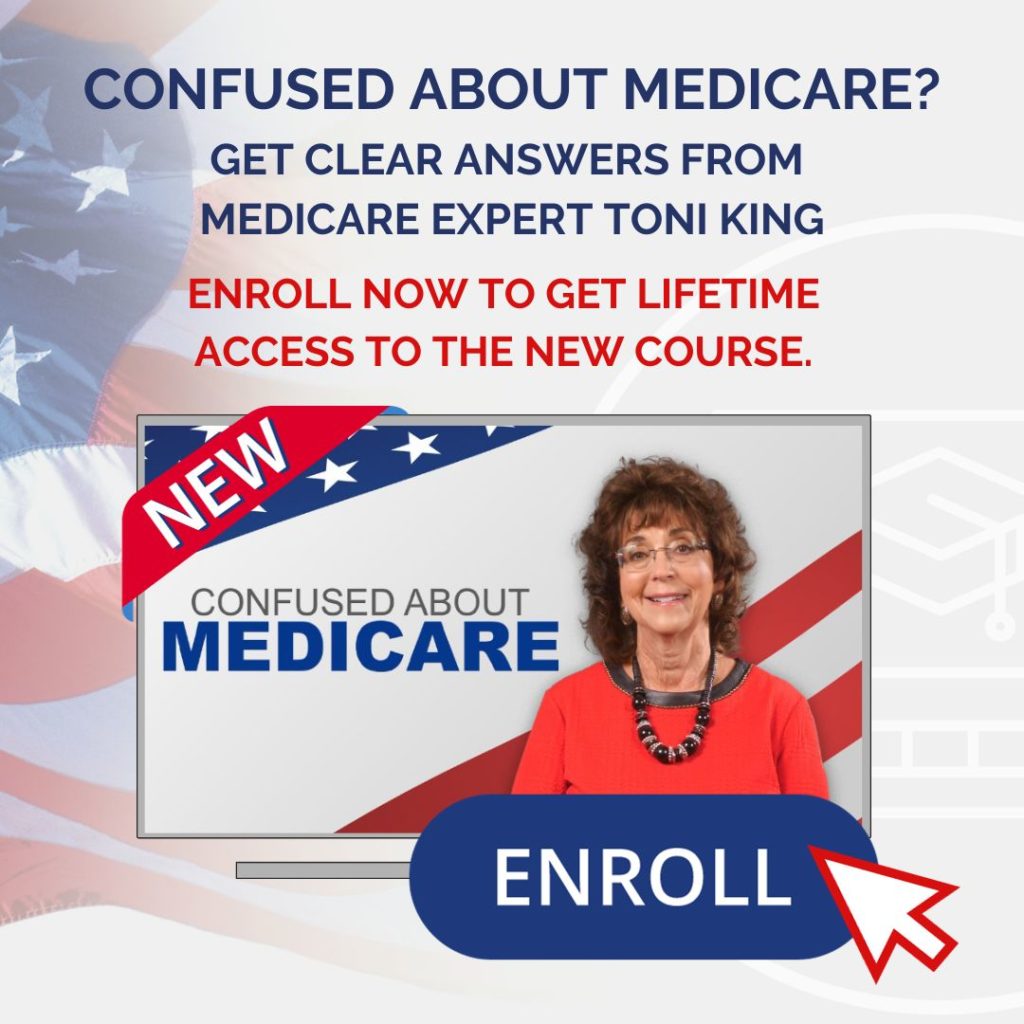Hi Toni:
My parents are getting older and my sister and I cannot even discuss the subject of wills, living wills or power of attorney for finances or medical with our parents.
I have been told that if we do not have a Power of Attorney in effect and my mother or father have a stroke and cannot make a decision for themselves that we will have to go to court and file for guardianship of my mother or father.
I have no knowledge of this and really do not know what type of attorney we will need. I want to make sure that I get this done correctly.
Thanks, Steve from Spring Branch area
Hello Steve:
I completely understand the way you feel because I am in the same situation that you and your sister are in. My mother is also getting older and does not want to give up her independence. I had to talk with an estate planning attorney to be sure that her power of attorney, medical power of attorney and living will were executed properly; to keep me and our family from having a problem whenever we might need to use one of the documents.
Elderly parents need to realize that they are not giving up their independence, but only helping their adult children when they have to help their precious parents during trying times. It is not an easy time when an adult child has to take over the parent role for the one who has been their parent all of the life.
Let’s discuss the difference in these 3 legal documents:
- Power of Attorney: is the cornerstone of a financial management plan. It ensures that a person’s wishes will be respected if there comes a time when he or she is unable to act. It is a written document whereby someone is appointed to manage that person’s financial affairs in the event of illness or incapacity. Signing a power of attorney is absolutely critical to ensure a person’s future independence in the event of illness or incapacity. Without it, one risks having his or her affairs managed by a court-appointed guardian, possibly a stranger, under court supervision and often without the ability to have any input. In other words, the person literally loses financial control.
- Medical Power of Attorney:(also known as a Health Care Power of Attorney) gives someone you trust the legal authority to act on your behalf regarding health care decisions if you ever become incapacitated or unable to communicate.
- Living Will: is a written statement that details the type of care you want (or don’t want) if you become incapacitated. A living will bears no relation to the conventional will or living trust used to leave property at death; it’s strictly a place to spell out your health care preferences or wishes.
Steve interview several attorneys that specialize in Eldercare, family law or estate planning and pick one that fits your needs and budget. We have several attorneys that work with our team and we can refer if you would like to contact me at www.tonisays.com/ask-toni.
Toni King, author of the Medicare Survival Guide®, which is a simple guide that puts Medicare in people terms, is on sale at www.tonisays.com. Sign up for Toni’s newsletter and receive a “free” Prescription Drug Survival Guide eBook. Email questions or to schedule a “Confused about Social Security and Medicare Workshop” to www.tonisays.com/ask-toni
or call 832/519-TONI (8664).


